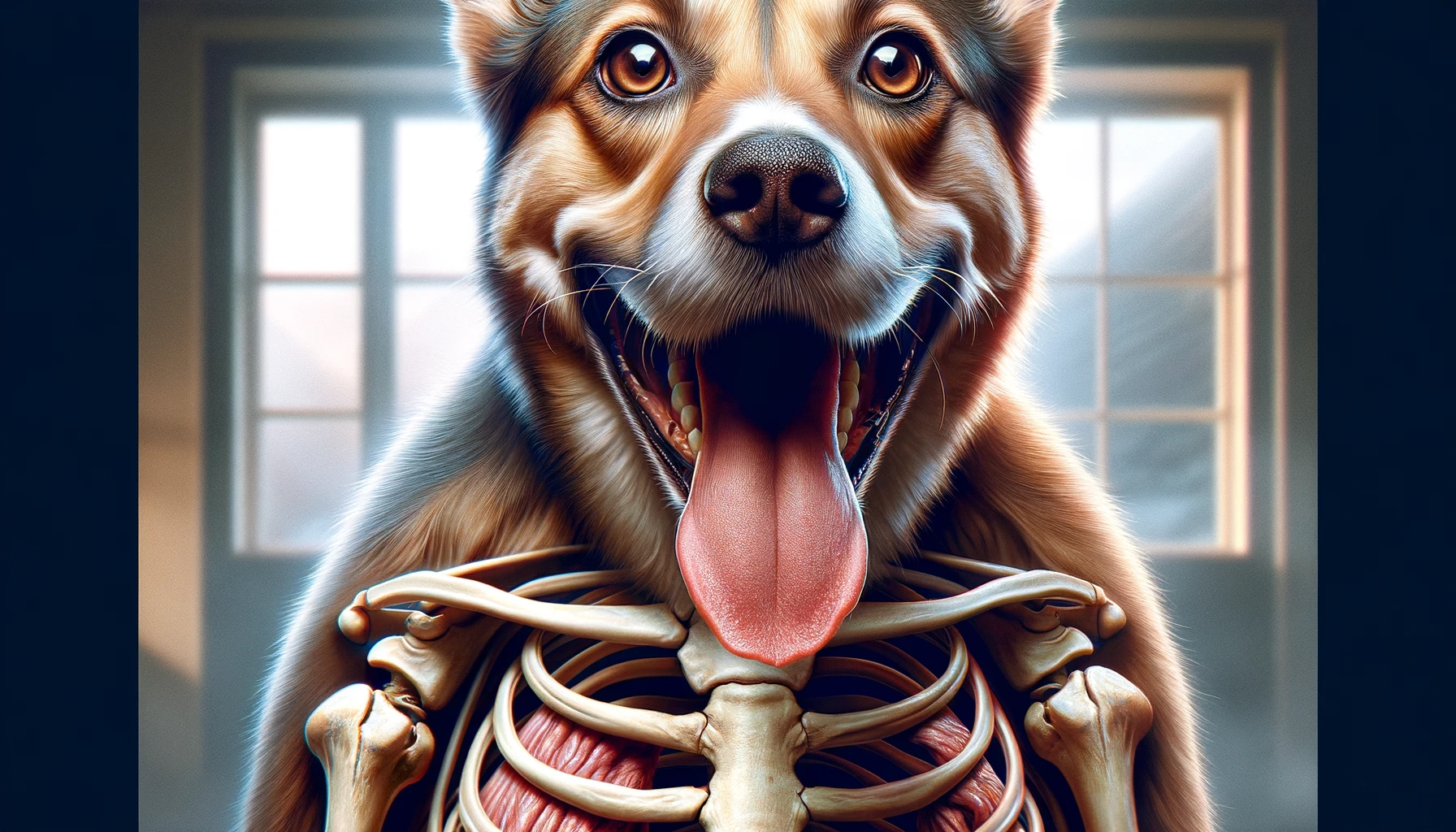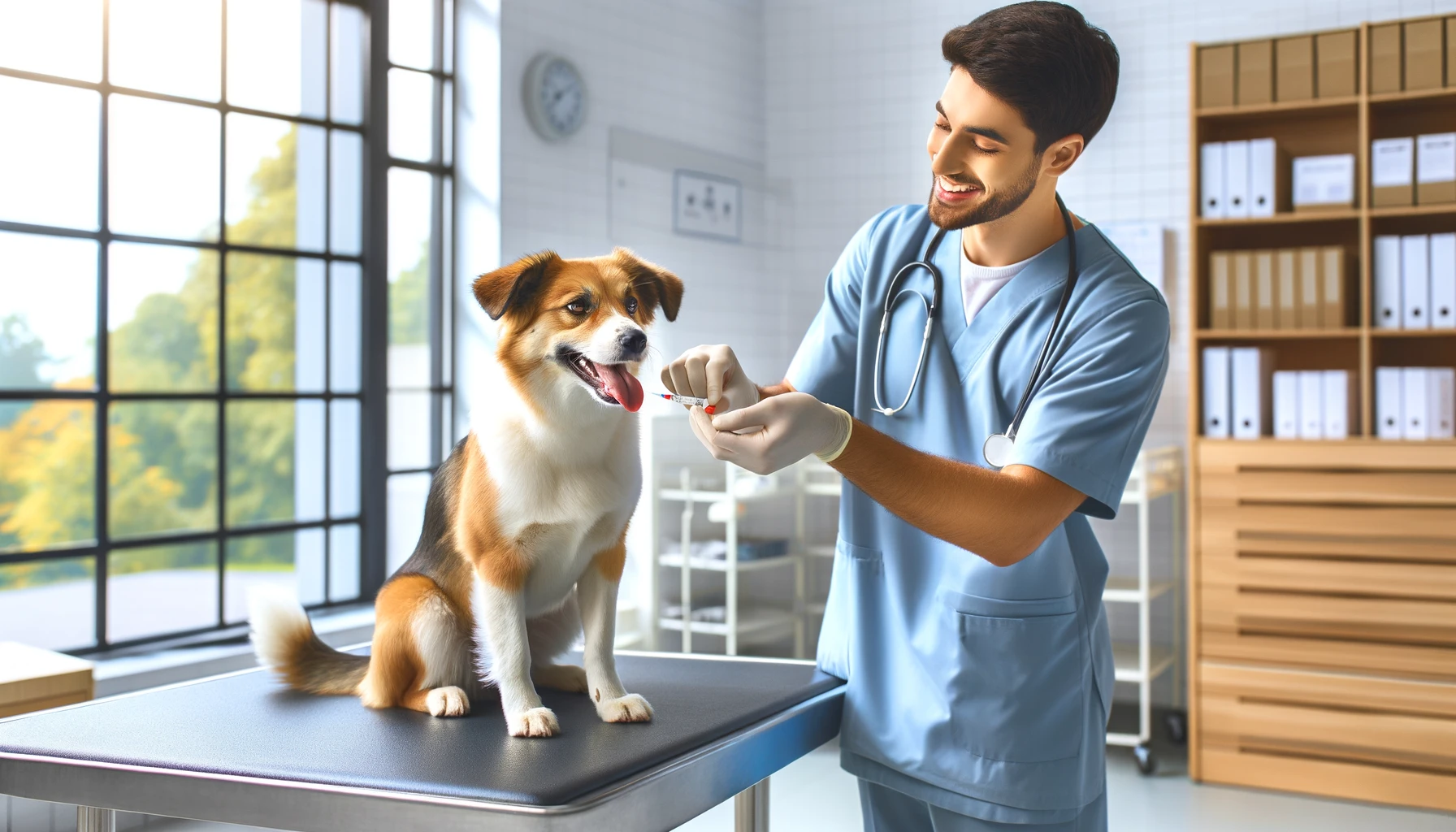Are you wondering why proper nutritional requirements are so important for your dog's health? Well, look no further, because this article will provide you with all the essential information you need.
Discover how understanding dog nutrition and providing a balanced diet can significantly benefit your furry friend.
Learn about the common nutritional deficiencies in dogs and find out how to meet their specific needs.
By following these guidelines, you can ensure your dog is happy, healthy, and thriving.
Key Takeaways
- Proper dog nutrition is important for behavior and physical condition.
- Dogs require a balanced diet based on their age, breed, and activity level.
- Essential nutrients for dogs include high-quality proteins, carbohydrates, healthy fats, vitamins, and minerals.
- Homemade diets should be consulted with a veterinarian or veterinary nutritionist to ensure nutritional requirements are met.
Understanding Dog Nutrition
Understanding the nutritional needs of your dog is essential for their overall health and well-being. Your dog's diet plays a crucial role in their behavior and physical condition. Making informed dog food choices is vital to ensure that they receive the necessary nutrients to thrive.
The impact of nutrition on your dog's behavior can't be overstated. Just like humans, dogs require a balanced diet to maintain optimal mental and emotional health. A diet lacking in essential nutrients can lead to behavioral issues such as aggression, hyperactivity, and anxiety. On the other hand, a well-balanced diet can promote calmness, focus, and a positive overall temperament.
When choosing dog food, it's important to consider their specific needs based on factors such as age, breed, and activity level. Puppies, for example, require a diet that supports their growth and development, while senior dogs may benefit from food that supports joint health. Additionally, high-energy breeds may need a diet that provides ample protein and carbohydrates to sustain their active lifestyle.
Essential Nutrients for Dogs
To ensure optimal dog health, it's crucial to provide them with the essential nutrients they need. Dogs require a balance of proteins, carbohydrates, fats, vitamins, and minerals to thrive. Here are the essential nutrients that should be included in their diet:
- Proteins: Dogs need high-quality proteins for growth, maintenance, and repair of body tissues. Good sources include meat, fish, eggs, and dairy products.
- Carbohydrates: While not as essential as proteins, carbohydrates provide energy and fiber. Opt for whole grains, vegetables, and fruits to meet your dog's carbohydrate needs.
- Fats: Healthy fats are essential for a dog's skin, coat, and overall health. Include sources like fish oil, flaxseed oil, and chicken fat in their diet.
- Vitamins and Minerals: Dogs require a range of vitamins and minerals for proper functioning of their body systems. These can be obtained from commercial dog foods or through supplementation, if necessary.
When it comes to dog food alternatives, homemade dog diets have gained popularity. However, it's essential to consult a veterinarian or a veterinary nutritionist before switching to a homemade diet. They can guide you on the appropriate balance of nutrients and ensure that your dog's specific needs are being met.
Benefits of Balanced Diets for Dogs
A balanced diet for your dog offers numerous benefits to their overall health and well-being. One of the key benefits of a balanced diet is the ability to provide essential nutrients that are necessary for your dog's growth, development, and maintenance of bodily functions. Homemade diets can be a great option for ensuring your dog receives these nutrients in the right quantities. By preparing meals at home, you have control over the ingredients and can tailor the diet to meet your dog's specific needs. This can be particularly beneficial for dogs with food sensitivities or allergies. Additionally, homemade diets often provide a variety of fresh, whole foods that can improve your dog's digestion and promote a healthy coat and skin.
Portion control is another important aspect of a balanced diet for dogs. By feeding your dog the appropriate amount of food, you can help maintain a healthy weight and prevent obesity-related health issues. Overfeeding can lead to weight gain, which puts strain on your dog's joints and increases the risk of conditions such as diabetes and heart disease. On the other hand, underfeeding can result in malnutrition and nutrient deficiencies. It's crucial to follow portion control guidelines provided by your veterinarian or a professional canine nutritionist to ensure your dog receives the right amount of food for their size, age, and activity level.
Common Nutritional Deficiencies in Dogs
One common nutritional deficiency in dogs is the lack of essential vitamins and minerals. Dogs require a balanced diet to ensure they receive all the necessary nutrients for optimal health. However, certain dog food options may not provide adequate amounts of vitamins and minerals, leading to deficiencies. It's important for dog owners to be aware of the signs of nutritional deficiencies in their pets.
Here are three sub-lists that highlight the significance of this issue:
- Vitamin deficiencies: Dogs may experience a lack of vitamins such as vitamin A, B, D, or E. This can manifest as dull coat, poor immune function, vision problems, and skeletal abnormalities.
- Mineral deficiencies: Dogs may lack minerals like calcium, phosphorus, or iron. This can lead to weakened bones, muscle weakness, anemia, and impaired growth.
- Essential fatty acid deficiencies: Insufficient intake of omega-3 and omega-6 fatty acids can result in dry skin, dull coat, inflammation, and impaired brain function.
To address these nutritional deficiencies, dog owners should carefully choose high-quality dog food options that are formulated to provide all the necessary vitamins, minerals, and fatty acids. Regular veterinary check-ups can help identify any signs of nutritional deficiencies, allowing prompt intervention to ensure the dog's health and well-being.
How to Meet Your Dog's Nutritional Needs
You can ensure your dog's nutritional needs are met by consistently feeding them a balanced diet that includes all the necessary vitamins, minerals, and fatty acids.
Meeting your dog's dietary needs is essential for their overall health and well-being. One way to meet these needs is by preparing homemade dog food. Homemade dog food allows you to have control over the ingredients and ensures that your dog is getting the nutrients they need.
When preparing homemade dog food, it's important to include a variety of protein sources such as lean meats, fish, and eggs. Carbohydrates can be provided through sources like brown rice, sweet potatoes, and whole grains. Vegetables should also be included to provide essential vitamins and minerals.
It's important to note that certain foods can be toxic to dogs, such as chocolate, onions, and grapes, so it's crucial to research and avoid these ingredients. Additionally, it may be beneficial to consult with a veterinarian or a veterinary nutritionist to ensure that the homemade diet meets all of your dog's nutritional requirements.
Frequently Asked Questions
Can Dogs Eat a Vegetarian or Vegan Diet?
Dogs require a balanced diet to thrive. While some humans choose vegetarian or vegan diets, it may not be suitable for dogs. Their nutritional needs are different, and they need essential nutrients found in animal-based products.
How Much Water Should Dogs Drink Each Day?
You should consider the benefits of including wet food in your dog's diet. It helps to provide hydration and can contribute to their overall water intake. Temperature and activity level also affect how much water they need.
Can Certain Foods Cause Allergies in Dogs?
Certain foods can cause allergies in dogs. It is important to be aware of which foods to avoid for dogs with allergies. Common symptoms of food allergies in dogs include itching, rashes, and gastrointestinal issues.
Are Homemade Diets Better for Dogs Than Commercial Pet Foods?
Raw food diets can be an alternative for dogs, but it's important to ensure they meet all nutritional needs. Homemade diets require careful planning to provide essential nutrients. Consulting with a veterinarian is recommended.
Are There Any Specific Nutritional Requirements for Senior Dogs?
Senior dogs have specific dietary needs to support their aging bodies. Balanced nutrition is crucial to maintain their health and prevent age-related issues. Providing proper nutrition ensures they receive essential nutrients for optimal well-being.
Conclusion
In conclusion, proper nutritional requirements are crucial for maintaining the overall health and well-being of dogs.
A balanced diet provides essential nutrients that support their growth, immune system, and organ function.
Neglecting these nutritional needs can lead to various deficiencies, affecting their energy levels, coat condition, and overall vitality.
By understanding and meeting their specific nutritional needs, we can ensure that our canine companions live a long and healthy life.






